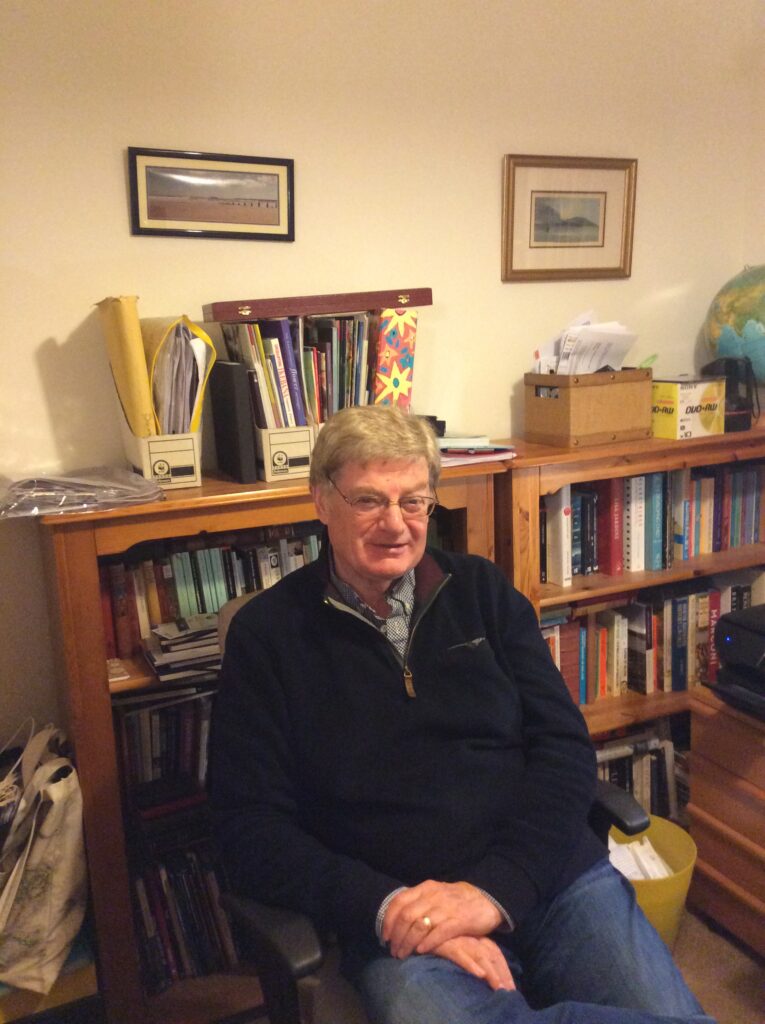1 September 2022
History in the making
By Paul Branch

I expect many of us privileged to be around in 1966 could name the World Cup winning team without pausing for breath, maybe even the rest of the squad including those who didn’t get a kick, and sadly recall the names of those heroes no longer with us. Fifty-six years on and England has finally won another major football trophy, albeit “just” the European championships but a cracking result nonetheless for our Women’s team and one that seemed to capture the imagination beyond our own shores. With the concluding whistle after extra time in the final against Germany, even one of the Italian TV commentary team burst out with “At last!! Football’s come home!”
In a country where Calcio has always been right up there with the Pope and Politics (and obviously also with Mamma, but her place for most Italians remains firmly in the kitchen), to find a woman’s match on a mainstream Italian TV channel came as something of a shock. Especially as their men’s team will not be contesting this year’s World Cup finals in Qatar, a crushing disappointment and national disgrace for the second time running. But the world has changed, football is no longer the game we of the older generation knew. It can no longer be described as “a man’s game” unless spoken with tongue in cheek or foot in mouth, and the sport is now rightly defined by the gender of the players as with cricket, tennis and golf. Broadcasters seem to have taken the women’s game to their hearts and their wallets – over 17 million watched the Euros final here, plus tens of millions more elsewhere. Having said that though, it’s interesting to ponder how many of us could name the winning Women’s team just one month after their triumph, or even the goal scorers against Germany?
Strangely I’ve been accused of being a sexist even by members of my own close family, albeit the female ones, and they probably have a point. All I can say in my defence is that it all depends on age and experience. Football has been a major part of my life, as an enthusiastic but exceedingly mediocre player and as an overly interested follower of the game. Football has always been played by men (formerly strong fit men who could run forever and kick both the ball and their opponents very hard up in the air) and by boys. It involved hard leather footballs, inclement weather, violence on and off the pitch, horrid pitches and even worse changing rooms. It was not designed for women or girls. Nor did they seem to have much of an interest in either playing or watching, perhaps because they lacked encouragement at home or at school, or even suffered from active discouragement by nasty little boys in the playground. More recently however the game has been transformed by the athleticism and natural skills of professional players of both genders, the vastly improved playing and watching environments, by justifiable concerns for health & safety, and the broadcast media.
It is indeed no longer an arena for men to display their hair-chestedness but a far more civilised sport with opportunities for all. And more surprisingly still, the women and girls who play the game today seem to have the same fascination with it as countless males across the world have had from time immemorial. Two of the winning Euros team have just retired from the professional game, Jill Scott and Ellen White. Scott recounts her early years and her passion for the game – football was her life: barely able to sit still for tea, getting the food down her as fast as she could possible before rushing back outside to knock on neighbours’ doors, trying to get as many boys as possible (boys, mark you) to come out and play with her. This from a 35 year-old Sunderland-born girl who has been a star of the women’s game for nearly twenty years. Playing initially for her home club, then Everton when she made her first England appearance in 2006, and finally Manchester City from 2013 until her last England game in the Euros final, Scott has ten major international tournaments under her belt. With 161 England appearances plus her 9 matches in the Olympics for GB, she is the second most capped player after Fara Williams, and scored 27 times for England (by comparison, Peter Shilton has 125 caps). Scott came on as a substitute in extra time of her last game, a cooler, more mature head in the midst of far younger players but still displaying her passion for playing and winning. As the final whistle approached she was stopped in her tracks and upended quite vigorously as she bore down on goal looking for a way to put the result to bed – the Anglo-Saxon earful she gave her desperate German opponent would not have been out of place in a men’s match … but maybe that’s not quite the expression to use …
Ellen White was a goal machine from the time she first stepped onto a football pitch at the age of just 5, playing with and against boys. The Aylesbury born 33 year-old has a footballing pedigree: her grandfather played for Exeter City and her father ran a football centre. After a professional career with Arsenal, Chelsea, Leeds and Manchester City she ended up as England women’s leading scorer with 52 international goals, just shy of Wayne Rooney’s 53 but more than Harry Kane (currently on 50), Bobby Charlton and Gary Lineker. White’s father always knew she was destined for greatness, and when she was only 10 years old he tried to cash in on her talent by putting a bet on her playing for England one day. Sadly for him the betting shop declined the wager. And sadly for White she didn’t manage to score in the Euros but left that to Ella Toone and Chloe Kelly (she who brought the house down with the winning goal, and got booked for taking her top off, but we won’t go into that).
Women’s professional football was effectively banned by the FA in 1921, and barred from English football league grounds until 1972 when it started to develop significantly. Jill Scott and Ellen White certainly contributed greatly to England’s first major trophy since the women’s team started, but the appointment of Dutch-born Sarina Wiegman as manager in 2021 was probably the clincher for the Euros title. She replaced Philip Neville of Manchester United and England fame, the last in a long line of male coaches and managers interrupted only by Hope Powell, the first full-time head coach. Wiegman had never lost a Euros match as manager, so her appointment looks to have been a very smart move. If she does well in the 2023 World Cup finals and starts looking around for a new, more lucrative managerial post at one of the big clubs, it will be interesting to see if she gets a shot at managing a man’s team ….. given that it’s no longer a man’s game, who knows what might happen? Manchester United could do a lot worse.
For the curious:
1966 World Cup team: Banks, Cohen, Wilson, Stiles, Charlton J, Moore, Ball, Hunt, Charlton R, Hurst***, Peters* (of which only George Cohen, Bobby Charlton and Geoff Hurst remain)
2022 Euros Final team: Earps, Bronze, Bright, Williamson, Daly, Stanway, Walsh, Mead, Kirby, Hemp, White
Subs: Toone*, Russo, Kelly*, Scott, Parris, Greenwood
Note: *goalscorers


